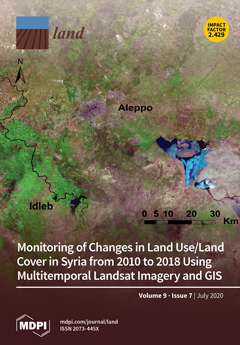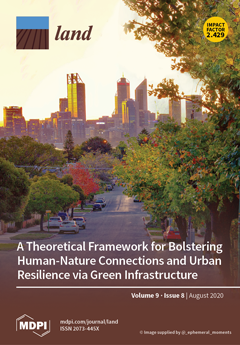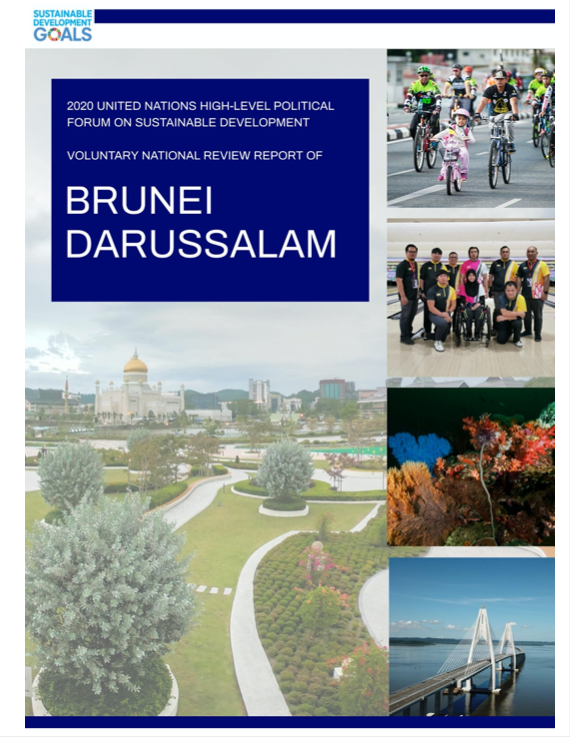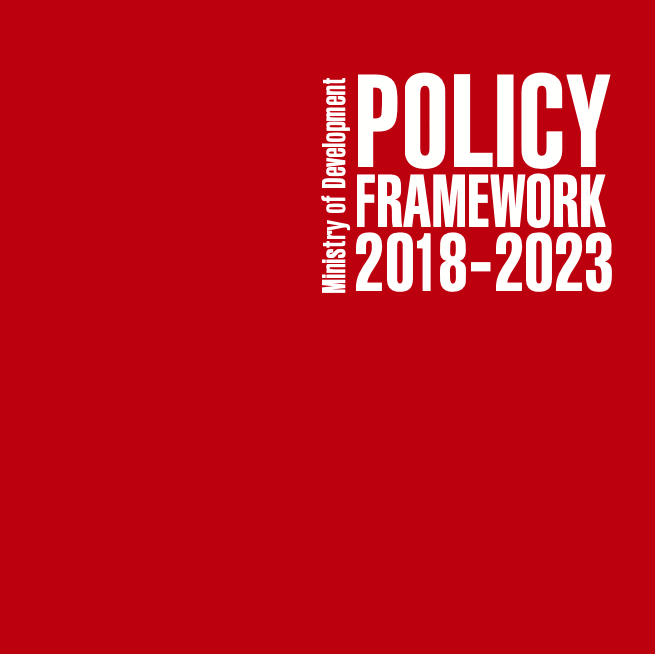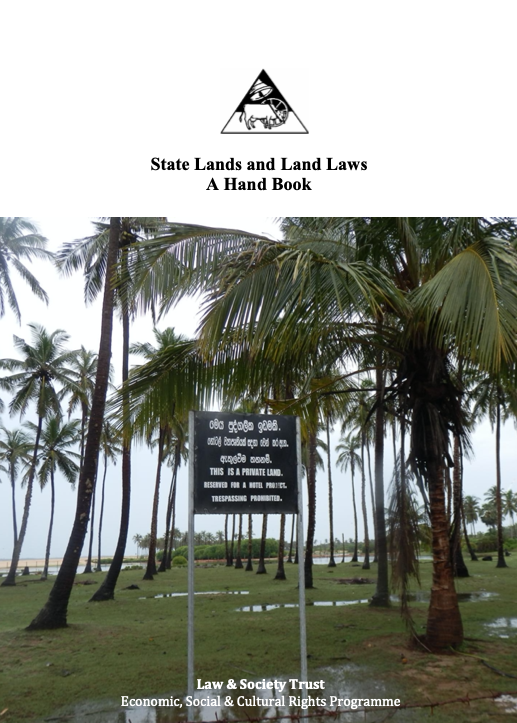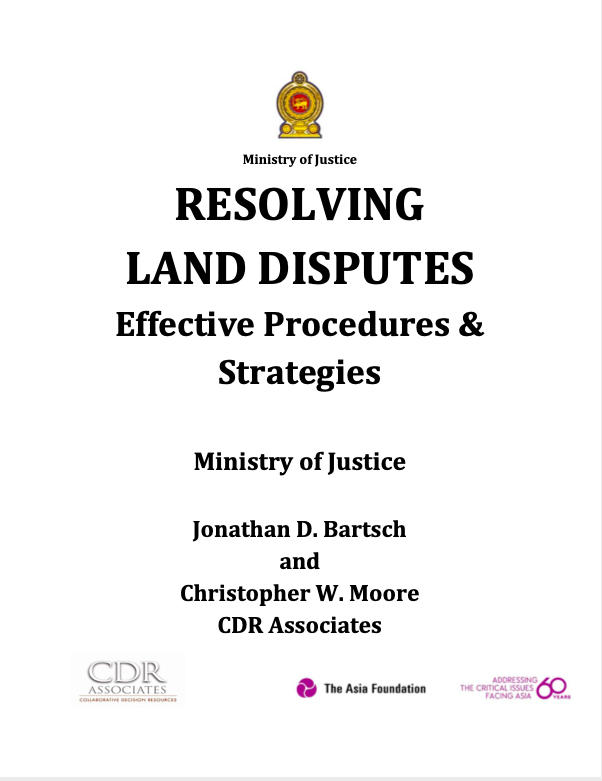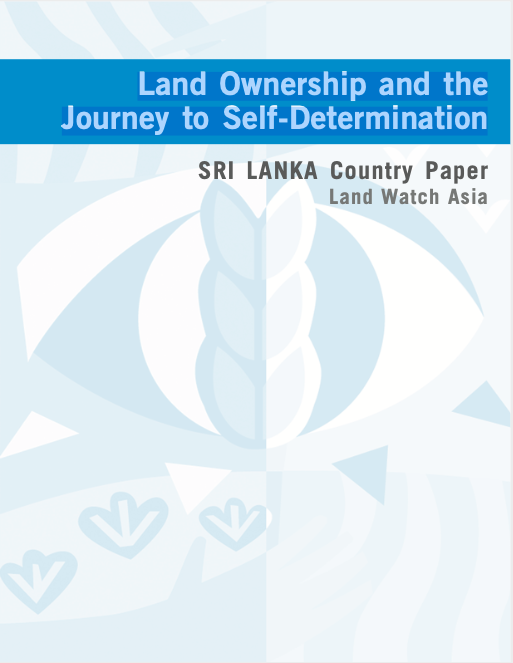Assessing Sustainable Rural Development Based on Ecosystem Services Vulnerability
Sustainable Rural Development is essential to maintain active local communities and avoid depopulation and degradation of rural areas. Proper assessment of development in these territories is necessary to improve decision-making and to inform public policy, while ensuring biodiversity conservation and ecosystem services supply. Rural areas include high ecological value systems but the vulnerability of environmental components in development indicators has not been sufficiently pinpointed.

